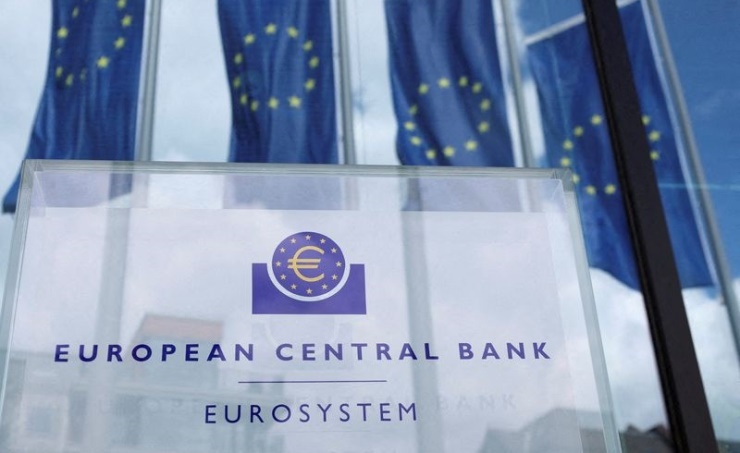Frankfurt, March 16 (BNA): The European Central Bank raised interest rates by 50 basis points on Thursday as it promised to curb inflation, ignoring the chaos in financial markets and investor calls to back off policy tightening at least until sentiment stabilizes.
The European Central Bank raised interest rates at the fastest pace ever, but the rout in global markets since the collapse of Silicon Valley Bank (SVB) in the US last week threatened to scrap those plans at the last minute, Reuters reports.
In line with its oft-repeated guidance, the central bank of the 20 nations sharing the euro raised its deposit rate to 3%, the highest level since late 2008, as inflation is seen to surpass its 2% target through 2025.
“Inflation is expected to remain very high for a very long time,” European Central Bank President Christine Lagarde told a news conference, reading from the agreed statement by the bank’s policymakers.
“The Board of Directors is closely monitoring current market tensions and stands ready to respond as necessary to maintain price stability and financial stability in the eurozone,” she said, adding that banks in the region have strong capital and liquidity positions.
But the statement made no commitments for the future, despite previous calls by a long list of policymakers for more big moves in the fight against inflation.
“We know that if we hold our baseline when uncertainty decreases, we’ll have a lot of ground to cover,” Lagarde said.
“But it is a big warning, if our baseline is to hold,” she added, noting that it is currently impossible to determine the future path of interest rates.
Bond yields and the euro rose after the move. Earlier, after days of turmoil in the markets, financial investors saw a 50% chance of the ECB moving 25 basis points smaller, and downplayed expectations on future moves.
Eurozone banking stocks have been in a tailspin this week, rattled first by the collapse of SVB and then by Credit Suisse, the long-troubled lender.
But the Swiss National Bank threw a $54 billion Credit Suisse lifeline overnight, an offer big enough to bring its shares back about 20% and lift those of other banks.
The main concern of the ECB is that monetary policy works through the banking system, and that a full blown financial crisis will render its policy ineffective.
That has left the European Central Bank in a bind, juxtaposing its anti-inflationary mandate against the need to maintain financial stability in the face of largely imported turmoil.
Inflation, the bank’s main liability, is much higher than in previous crises and the European Central Bank’s new forecasts, published on Thursday, put price growth above its 2% target through 2025, a major concern for many policymakers.
The European Central Bank said that the inflation rate is expected to be 5.3% this year, 2.9% in 2024 and 2.1% in 2025, adding that these projections were finalized before the current turmoil.
Lagarde noted that the economic growth outlook is currently tilted to the downside.
While systemic banking crises generally turn into a deep recession, the eurozone’s financial system is in its best shape in years, with capital, liquidity and profits all at healthy levels.
Some economists also argued that the ECB had plenty of tools to fight market pressures, and therefore did not need to sacrifice price action to keep financial assets fresh.
This was echoed in the ECB’s statement, which noted that its policy toolkit is “fully equipped to provide liquidity support to the eurozone financial system if needed and to maintain a smooth transition of monetary policy.”
M
